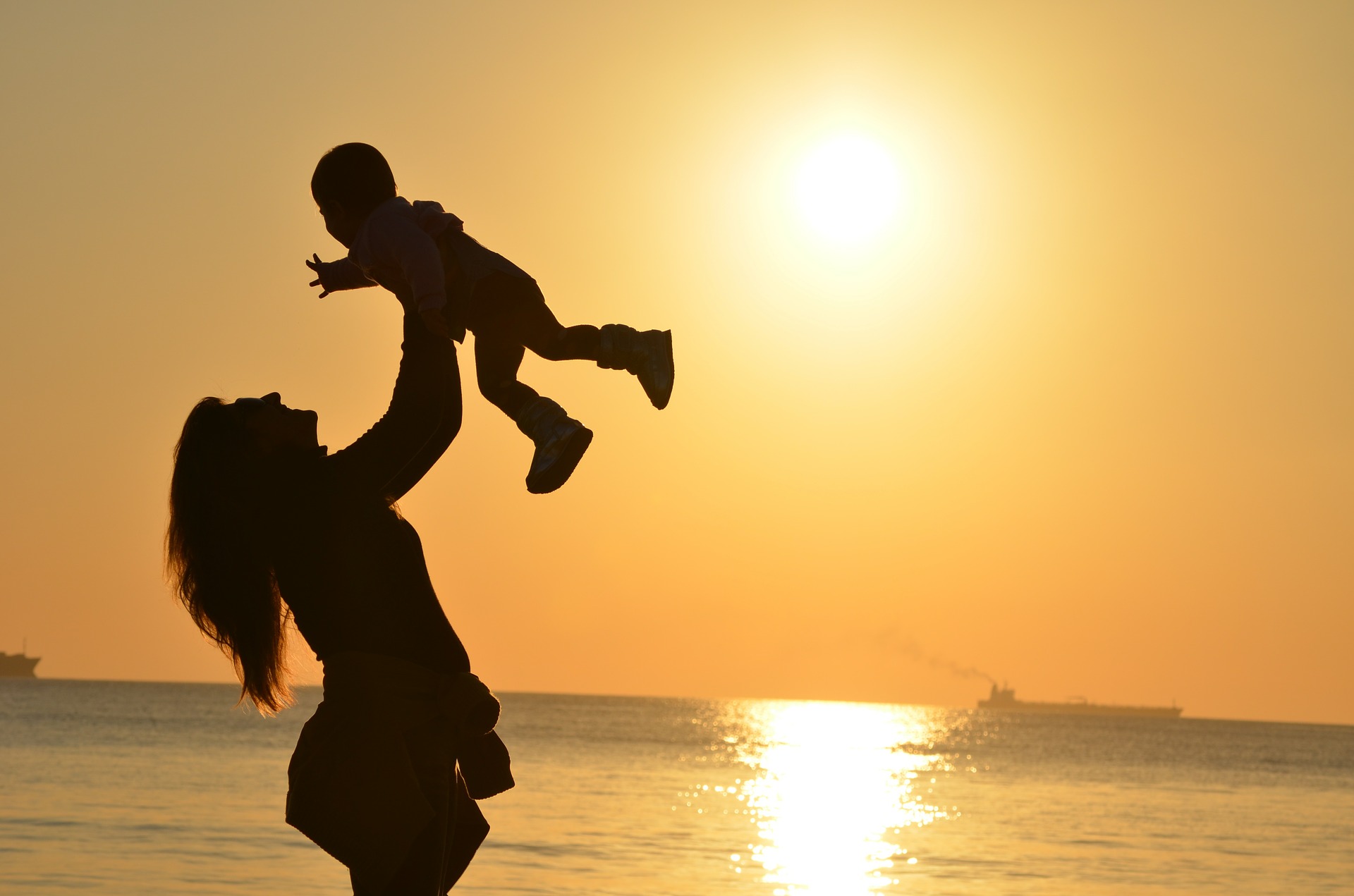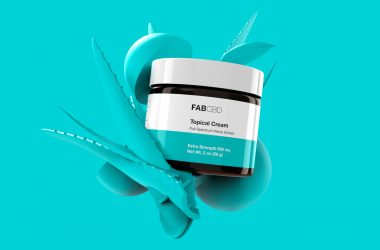What is the cause of colic? What food to avoid when breastfeeding? Do the foods a mother eats while breastfeeding effect her baby? These are questions breastfeeding mothers all over the world ask. When I began breastfeeding I was desperate to find the answer but all I got were answers that were vague or contradictory. So I decided to answer that questions myself and share with you what I found. The conclusion that I came to is that a mother’s diet does affect her baby.
The first week of my son’s life I decided to go with the “eat everything in moderation but avoid spicy foods” advice. This seemed to be working okay for a couple of days but then I began noticing mucus in my son’s stool. On top of that, he began to get really fussy in the evenings.
It was not until he cried for hours before bed for three days in a row that I decided to pay closer attention to what I was eating. Here are some things I found that every mother needs to consider when breastfeeding:

Do:
Be careful with dairy. Research proves that some newborns are allergic to the proteins found in cows milk. A new mother should be careful about the amount of dairy she eats and watches her baby’s reaction carefully. Sometimes eliminating dairy will not have an immediate effect because the dairy could stay in the mother’s and baby’s system for up to three weeks.
Avoid gassy foods: This would include your greens like cabbage, broccoli, and pea. Use common sense, if it gives you gas imagine what it will do to your poor little baby.
Avoid spicy foods: My son’s pediatrician used to work on a ranch and he told me this story: The cows got to lose once and ate a bunch of wild onions. As a result, everyone who drank their milk that night got sick to their stomach to the point that they threw up. Onion, garlic, and other spicy foods can make your milk taste bad and make your baby’s tummy hurt.
 Be careful with foods considered allergens: peanuts, citrus, honey, chocolate…
Be careful with foods considered allergens: peanuts, citrus, honey, chocolate…
Avoid an overload of raw fruit and vegetables: This could give your baby diarrhea.
Avoid too much caffeine: Keep in mind that coffee is not the only thing that contains caffeine.
Drink a lot of water: your body needs more water to make breast milk. Just drink whenever you feel thirsty.
Take your postnatal vitamins: Because you’re going to be avoiding certain foods your body is going to need to get supplements of certain vitamins and minerals.
And the obvious: don’t drink alcohol, smoke, and do drugs.
Remember that every baby is different. So use trial and error and see how each type of food affects your little one. Try one food at a time so that you know exactly what it is if your baby responds negatively. Although it is very hard, remember that you are doing this for your little one.
Also, mothers please share your experiences with us! No amount of research in this world can replace the personal experience of a mother. Please don’t keep it to yourself. Millions of new mothers need your wisdom. So leave a comment below on your experience with breastfeeding.











